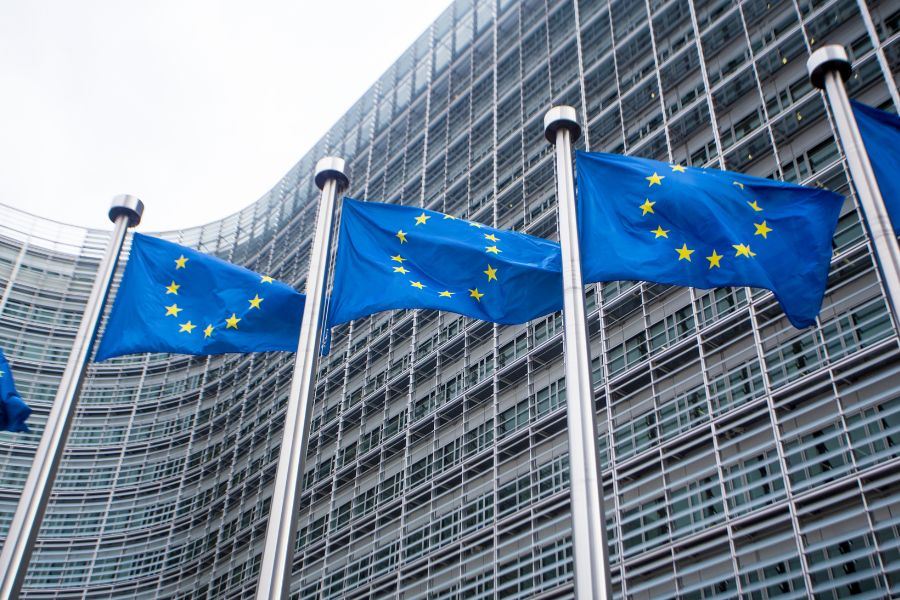– A New deal for the next step in the green transition
The Clean Industrial Deal is the EU's new strategy to tackle three challenges at the same time: climate change, competitiveness and dependence on critical raw materials. The new strategy combines climate action with strengthened competitiveness and increased independence. The Clean Industrial Deal is a continuation of the EU Green Deal.

What is the purpose of the Clean Industrial Deal?
The aim is to accelerate the transition to a more fossil-free economy by supporting energy-intensive industries and promoting the development of "clean technology". An important part of the Clean Industrial Deal is to increase production in the EU to reduce dependence on the outside world and strengthen the independence of European industry.
In addition, several legislative initiatives are proposed:
- Revision of the EU public procurement framework (2026) – to include clearer sustainability criteria and to ensure that more goods are manufactured in the EU.
- Circular Economy Act (2026) – to promote circular solutions in industry [3].
- Industrial Decarbonisation Accelerator Act – introduces sustainability and resilience criteria for energy-intensive sectors, such as cement, as well as a voluntary climate label for industrial products. [3]
What does the Clean Industrial Deal mean for ecolabels such as the Nordic Swan Ecolabel and the EU Ecolabel?
- Strengthened role in public procurement
- Strengthened role in circular economy
- Need for coordination with other EU legislation governing recognized and robust eco-labelling (Type 1 ISO 14024) such as Empowering Consumers, Ecodesign, CSRD and the EU taxonomy.
- Risk of greenwashing with the proposed "climate label". If new labels are introduced without clear function or control, there is a risk that consumers and producers will be confused. It can also lead to greenwashing if the requirements are too weak and unclear and to burden shift because the requirements are only set in one area. Burden shift is to shift the environmental load from one area to another by not looking at the big picture when setting requirements. The Nordic Swan Ecolabel's and EU Ecolabel's requirements are life-cycle-based and look at the big picture!
What is the role of ecolabelling for a more circular economy?
Ecolabelling plays an important role in promoting circular solutions in industry. By setting strict requirements for products and services, the Nordic Swan Ecolabel and the EU Ecolabel contribute to reducing waste and promoting repairability, reuse and recycling. It supports the transition to a more circular economy.